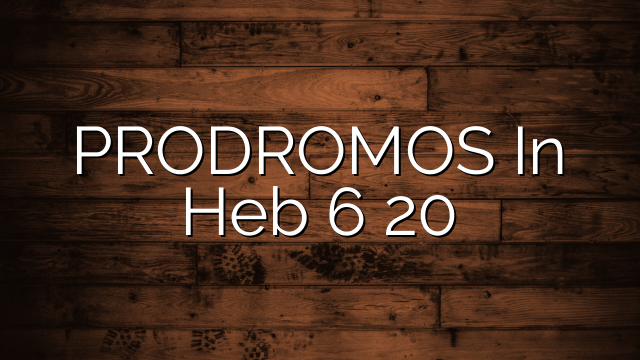Acts 7:20
This academic exegesis addresses the interpretive challenge posed by the phrase ἀστεῖος τῷ θεῷ in Acts 7:20. The primary exegetical issue concerns whether this construction should be understood as a literal statement about Moses’ beauty in God’s estimation or as a Semitic idiom functioning as a superlative, signifying exceptional or exceeding beauty. The varying interpretations…














